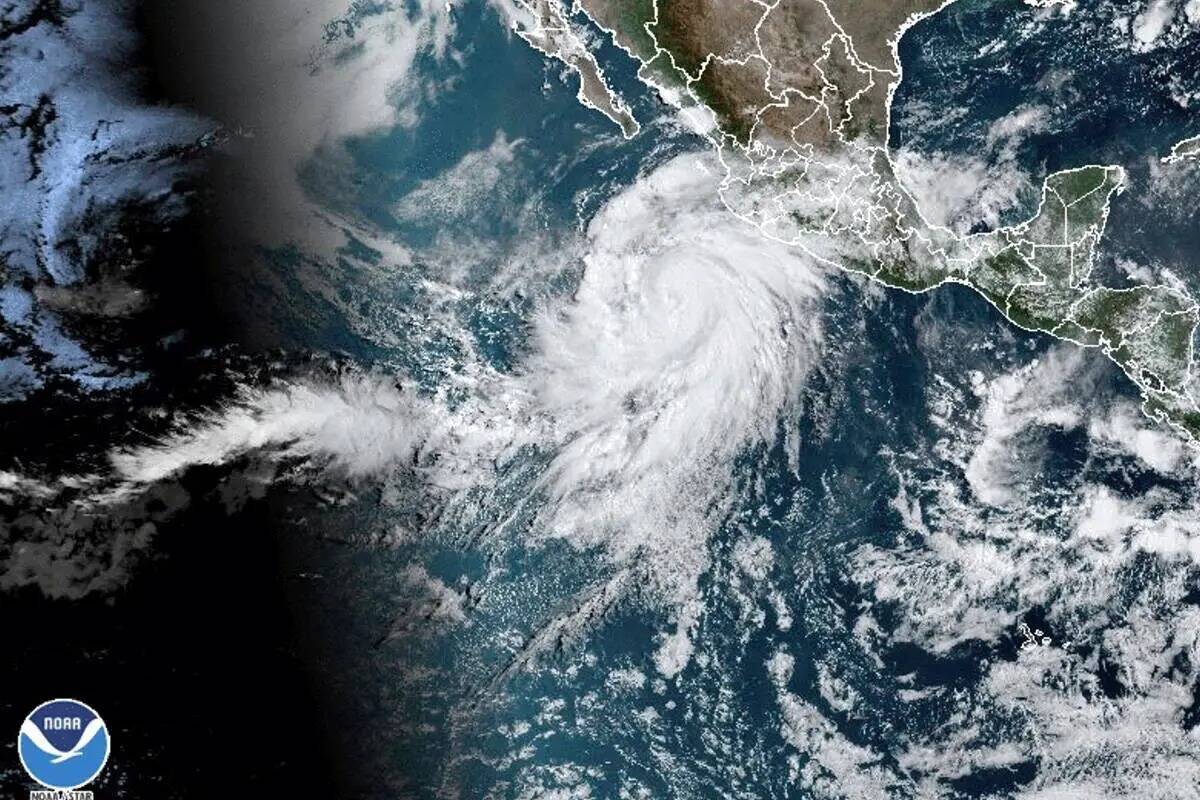Every school year, the management, decision-making and control staff in Romanian schools ask themselves in writing or orally the problem of SWOT analyses, a working technique that comes from the long process of Western acculturation with which we are so familiar as a modern nation, all in view of the PDI (plan, strategy, institutional development scheme). It is extremely difficult to specify what are the strengths, weaknesses, opportunities and development targets of the Romanian education system taken as a whole. Each institution enjoys its own SWOT analysis, explicit or implicit, but, gathering everything into a dynamic and contradictory whole, as it happens to be, we come across what we would call, with a minimum of technical preciousness, the Romanian social dialectic, ocean of trends and countertrends that we will boldly try to pencil below in its essential data. Certainly, without referring to specific studies, the problems are not typically Romanian, but, in reality, they are part of a broad demonstration, common to many other developing states and some even mired in underdevelopment. Before we are surprised that there are no grades in Norway, or that the intended discipline is not that of the barracks as in Romania (the local master adores the outward manifestations of obedience), or to note always with amazement the superior material endowments of Scandinavian education, we should let’s question ourselves, let’s ask ourselves honestly who we are and what we Romanians do in the equation of modern state education, public, free and to which, in principle, we all have access. The main contradictory aspects we have considered are the following.
Dan Alexandru ChițăPhoto: Personal archive
- Intrusive and necessary politics. On the one hand, the secretaries of state, an emanation of the ruling parties, decide the general work alignments in the system. On the other hand, political boundaries usually stop at the level of the middle and lower administration of the state. They impose public policies anywhere in the world. One is to go in the direction of an inclusive and egalitarian education in the treatment of the most existing social categories, another is to especially support excellence and results out of the ordinary, elite, voluntary, expression of competence and personal merit. The distinction between a left-wing and a right-wing government decides the emphasis placed on one or the other side of social needs, however they are (pre)defined. Probably a middle way appears in any developed society. In Romania, public policies, agreed in public debates and group projects, are rare, if not completely absent. The functions political are exactly what their name says: positions, ranks, statuses, counted as annuities for fixed periods, above any measurable responsibility, benefiting from impunity. Once this political nucleus is created in the Ministry, the public culture trickles down to the schools, the inspectorates being caught on the road, precisely in the middle, in this political game without direction and without impersonal practices. Even the positions of specialist inspectors, where the stake of applying some state policies is minimal, the existing procedures and methodologies already codifying the targeted public policies, are simple political interferences, trivial bureaucratic positions hunted by the non-productive and ineffective behavior of some rent-seekers autochthonous. On this occasion, we can conclude unsatisfied: apart from big words like “budgetary autonomy”, “decentralization”, “digitalization”, we do not encounter anything notable in practice because some people with functions they are above laws, rules and social practices recognized as such. If teachers take exams, more or less conclusive, to become better or to be teachers in the first place, inspectors and those above they are appointed on a trust basis and personalized political supportbased on qualifications imposed by the completion of some documents in the file, many of which were obtained under conditions that are not the object of any rigorous verification (or, finally, of some of the type introduced by Valeriu Nicolae).
- Digitization with papers. In any school you go to in Romania today, you will be amazed by the “double registration” of all documents, from flat certificates to cumbersome plans for framing the rules. First on paper, then digitally or vice versa, the road is circular and redundant. Tables completed in Google Sheets and also printed in triplicate with unit seal and director’s signature are required. The fear of digitization that’s all hide trained skepticism, related to any written, printed or online documents of a people obsessed with primary orality. We make so many copies of existing documents, “according to the original”, because we do not trust the application of existing laws, and those concerned call for additional evidence, in case an error occurs, such as the wrong writing of some informants, their loss or falsification. The signature and stamp on almost any document are intended to demarcate responsibilities, which are hardly assumed without this formal constraint by signature. Hence the difficulty of obtaining signatures and approvals in Romanian state institutions: why rush to sign when we can postpone or ask for additional documents? “But come again next week, please.”
- Extracurricular and extracurricular activities as a school in the classroom. A means of diversifying the educational offer, broadening the horizon of learning and unconventionally learning all kinds of life skills has become, in the last decade, a defining mode of the Romanian school good. There are high schools where the ceilings fall on students and others where, unfortunately, there are not enough teachers to cover all school subjects. We are talking about other high schools where the Erasmus+ programs and rigorous trips abroad cover whole weeks of the school year, on which occasion we go out into the world with the same teachers and flagship students. We count European schools next to others left in 1950 in the level of modernization and quality of education, unqualified teachers swarming the countryside. We celebrate with pomp in one place Europe day while in others we still struggle in unsanitary toilets. Excesses and extremes define above all an incoherent system, riddled with major internal imbalances, from elite educational institutions, where Baccalaureate graduates experience emotions in relation to standing updated international of the universities where they will end up studying, at others, where semi-illiteracy rises to rationally unsuspected heights and the Baccalaureate pass rate is on the ground. The activities of Different school and Green week they are a financial and logistical chore in most counties in Romania, but a pleasure, an educational extravagance in the big urban centers, where the students, supported by parents with superior material possibilities, feel excellent or like on vacation, a question that can be changed by the student Romanian. We provide high educational services, pretentious, errant Eastern European mandarins to some and beyond criticism to most, abandoned in abject ignorance and flagrant administrative irregularities. Instead of appreciating the teacher’s didactic effort in the classroom, we have come to reward extra activities, fun ancillary elements and leisure culturally replacing the average but decent requirements in schools, which are not, in fact, carried out satisfactorily by today’s standards, that is if there is anyone who would seriously consider the question of educational quality beyond grids, scores, progress reports and in-service training and other coded expressions, but which do not convince either by clarity, nor by thoroughness, nor by constancy, nor by true book science.
- Improvement and continuous training against the backdrop of declining social recognition of the teaching profession. Although the didactic grace and the correctness of the way of working leaves much to be desired in all senses, a few plus percentages being compensated by the many minus percentages, unconvincingly hidden, even though Romanian students leave schools with less and less intellectual and civic formation, never not so much emphasis was placed on the accumulation of diplomas from courses, webinars, national and international conferences, etc. We have difficulties with the multiplication table, which has become questionable from the point of view of efficiency (7×8? – google it!), we express ourselves clumsily and anapodically in writing because we read books that are not part of the “classic repertoire” (here I can enter the long list of those who do not read, except for entertainment at most, both Mircea Cărtărescu and and Ștefan Agopian) or or nothing is read, we do not promote a way of expression and a set of average knowledge, but instead we have the offer of dozens of courses for students with CES, as if the school is significantly intended for differentiated work , free a number of standard expectations, and the treatment of some problems that, although real, can be integrated within a mass pedagogy, common to all. We opportunely orientate ourselves on some major problems, but minor in intention, without taking into account that they have spread to the table of students in Romania. The current teacher is officially good, starting from the most recent courses followed and graduated with a certificate, in digitalization, in individual work with students in situations of social exclusion, in the most innovative pedagogical methods, but feels difficulties in teaching at daily school subject, to verify the accumulation of knowledge (yes, the school also deals with such a thing, even if it sounds paradoxical today) and to the formation of skills, which derive from the first ones, to establish a series of clear rules of conduct and behavior civilized. We dream of going to Mars with Elon Musk in the space shuttle and promote postmodern forms of the Wellnessbut we still have difficulty washing our hands after using the toilet or politely greeting each other in everyday interaction.
- School competitions and olympiads – a school only for winners. We banned the crowns and the awarding of awards with old-fashioned plumes in school units, at the time when the regime of the “victorious proletariat” was launching hierarchies based on more or less real school merits, without almost anyone lamenting the fundamental injustice of such an approach . On the contrary, there are many Eastern Europeans, of the mature generations, who remember with nostalgia those pretentious ceremonies as rhetoric and emotional involvement, beyond the red paint of official ideology. Now we no longer practice such “discriminatory” and “offensive” holidays, because the worker’s child could, without society standing in his way, take the first prize in front of the child of the mayor, the grocer or the storekeeper left at the hearth village or commune. We also shy away from “shows of force” these days. –Continue reading the article and comment on Contributors.ro


